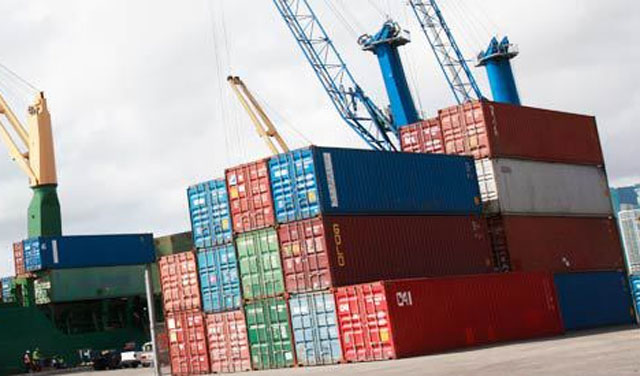Pakistan’s food and oil imports have increased 18 pc year-on-year to reach $10.652b in the first eight months of the current fiscal year although crude and grain prices have fallen globally.
The proportion of these products in the country’s total import bill in July-Feb was 32pc, straining the country’s balance of payments.
According to Pakistan Bureau of Statistics (PBS), petroleum imports have increased 20.97pc year-on-year to $6.682bn in July-Feb. Imports of petroleum products went up 23.28pc to reach $4.193bn during the reviewed period. However, a decrease of 7.13pc was witnessed in import bill of petroleum crude.
The import bill of natural gas liquefied hiked up 144pc while that of petroleum gas liquefied registered an increase of 45.38pc during the same period.
The reduction in the oil import bill in July-Feb led to a sharp rise in import of petroleum products, highlighting that local refineries are operating under capacity.
Another major component of imports was food commodities whose exports rose 13.47pc year-on-year to $3.970bn in the first eight months of the current fiscal year. This has been backed by a massive surge in import of palm oil contributing ($1.186b) followed by ‘other’ food items ($1.394bn), pulses ($600 m) and tea ($362m) to the import bill. Imports of dry fruits and milk products also showed an upward trend during the same period.




